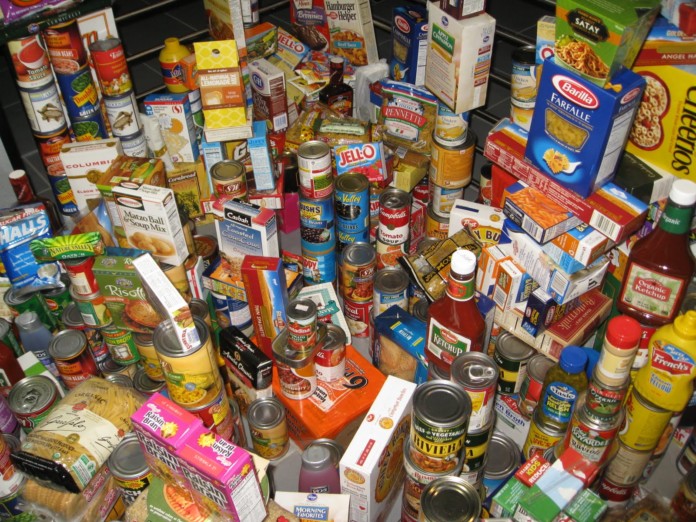In an effort to advocate better public policies that shape what people eat and how it impacts their health, communities and the planet, Danone, Mars, Nestlé, and Unilever launched Sustainable Food Policy Alliance early July 2018. They intend to focus on five action areas – consumer transparency, environment, food safety, nutrition, and people and communities. The Alliance intends to engage on nutrition labeling and carbon emissions.
In a joint statement, Mariano Lozano, CEO Danone North America; Tracey Massey, president, Mars Wrigley Confectionery Americas; Steve Presley, chairman and CEO, Nestlé USA; and Amanda Sourry, president, Unilever North America said: “The Sustainable Food Policy Alliance was founded on the principle that food companies can and should be doing more to lead and drive positive action for the people who buy and enjoy the foods and beverages we make, the people who supply them, and the planet on which we all rely.”
Action Areas
- Consumer Transparency:Improving the quality and accessibility of information available to consumers about the food they purchase for themselves and their families.
- Environment:Advocating for innovative, science-based solutions to take action against the costly impacts of climate change, build more resilient communities, promote renewable energy, and further develop sustainable agriculture systems.
- Food Safety:Ensuring the quality and safety of food products and the global supply chain.
- Nutrition:Developing and advocating for policies that help people make better-informed food choices that contribute to healthy eating while supporting sustainable environmental practices.
- People and Communities:Advancing policies that promote a strong, diverse, and healthy workplace and support the supply chain, including rural economies.
The four founding member companies, an alliance note stated, have already made broad updates to their portfolios in recent years, collectively and voluntarily advancing issues like sodium reduction, responsible marketing and transparency, and reducing their impact on the planet, including cutting greenhouse gas emissions.
Policy Impact
The Alliance plant to advance policies that are impactful for the environment, while accounting for the specific business imperatives of supply chains, including farmers, ranchers, and other producers. This will include:
- Urging U.S. policymakers to ensure that the Farm Bill and other farm policies reflect the pressing need to increase the scale of actions to address water quality and water conservation issues, focus on improving soil health, and expand the deployment of renewable energy, particularly wind and solar. The Farm Bill should leverage all available tools, including research and public-private partnerships such as the Regional Conservation Partnership Program (RCPP), to make smart investments in conservation and sustainability.
- Exploring the economics of sustainability, including financial incentives to reduce emissions and transition to low-carbon alternatives, with a particular focus on ways to create value for farmers, ranchers, and others who are implementing leading edge practices to cut greenhouse gas emissions.
- Advocating on behalf of smart, comprehensive energy and environmental policies at the state, national, and international levels, including the Paris Climate Agreement, the Clean Power Plan, or other commitments that result in change necessary to reduce greenhouse gas emissions in line with what evidence-based science says is necessary.










